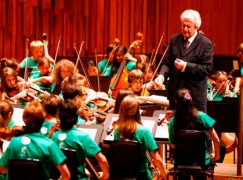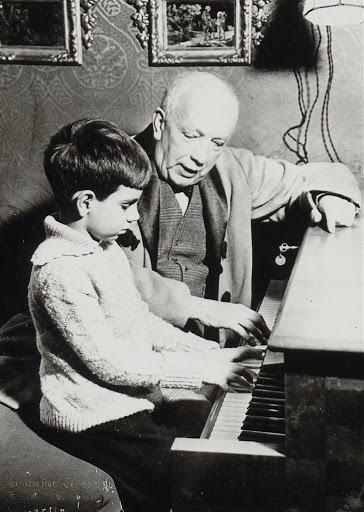We keep excluding the working classes from music professions
Comment Of The DayComment of the Day comes from John McGee, responding to reports that kids from poorer British families cannot obtain music tuition.
My cousin, a professional trumpet player came from a working class background and went to the most socially deprived school in the area but they taught music. His dad worked multiple jobs to help him chase his dream and he managed to get a place at the Royal College of Music in London. Of course he worked hard as did his family to help him succeed but if the school didn’t teach music, would he have ever picked up a trumpet? By cutting music in schools we are merely reinforcing the tired stereotypes of working class person does good on the football pitch etc. A country which doesn’t do it’s up most to encourage the talent of all its youth, regardless of means, is failing its people, in my humble opinion.






Comments